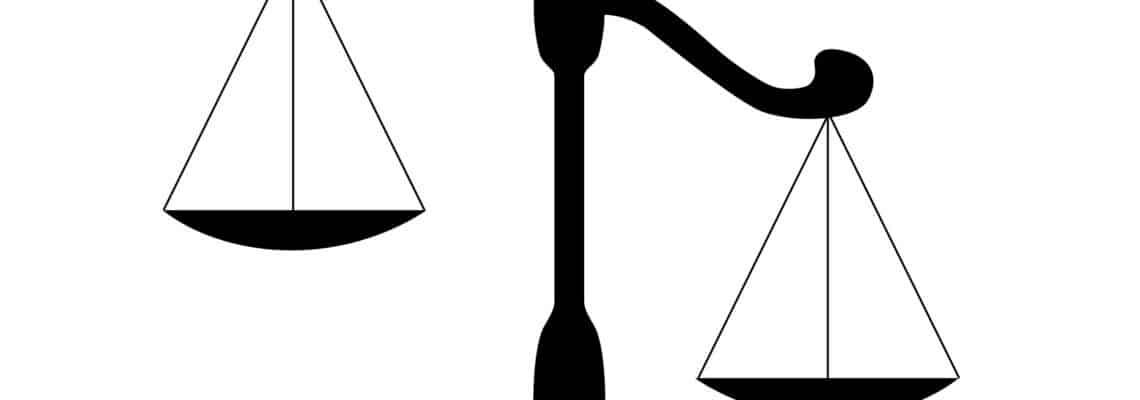In Dominicci v Ford, an appeal to the Appellate Division, Fourth Department from a July 3, 2014 decision by the Supreme Court of Monroe County, the appellate court affirmed the lower courts decision to deny a request from State Farm Automobile Insurance Company to quash a subpoena for records belonging to a doctor working for State Farm. The records were being requested in order to suggest bias on the part of the doctor who often worked for State Farm examining accident victims.
The plaintiff, Limarie Dominicci, was rear-ended by Thomas Ford, who was insured by State Farm. During the trial, State Farm, who was not a party to the original case, retained a doctor to examine Dominicci on Ford’s behalf. Under New York law a person may be required to undergo a medical examination when they have put their physical health in question in a trial. In this case, because Dominicci was claiming damages based on injuries sustained in the automobile accident he was required to be examined a doctor chosen by the defendant.
The doctor who examined Dominicci was called to testify during the proceedings on behalf of Ford. Dominicci requested a judicial subpoena duces tecum on State Farm requesting copies of 1099 forms and other employment related papers reflecting payments made by State Farm to the doctor in question. A judicial subpoena duces tecum is a means of compelling the discovery of written documents. State Farm objected to the production of the documents claiming that they were to be used only to impeach the examining physician’s general credibility. The plaintiff claimed that the documents were to be used to cross-examine the examining physician at trial with respect to his bias or interest.
In general, New York States rules of evidence are lenient regarding the admissibility of evidence, allowing evidence to be admitted as long as it is relevant to the case (with certain exceptions). When a witness has a reason to be biased or interested in the outcome of a case that evidence is admissible. One job of the jury is to consider the evidence and decide how much weight to give to any one piece. If a witness has reason to be biased in one party’s favor, or is otherwise interested in the outcome of the case, then evidence of this fact is admissible for the jury to consider.
Here, because the doctor was repeatedly being hired by State Farm to examine accident victims, and presumably paid to testify at trial about the examinations, the doctor may have been biased in favor of State Farm. While the production of 1099 forms proving the doctor worked for State Farm does not prove that the doctor was biased towards the insurance company, it may cast doubt upon the doctor’s impartiality. Whether this is true is an issue of fact for the jury to determine, but in general this type of evidence is admissible.
The Supreme Court found that it was a well-settled point of law that motions to quash subpoena duces tecums should only be made when the materials being subpoenaed are “utterly irrelevant to any proper inquiry.” The party being subpoenaed has the burden of proving the irrelevancy of the requested materials. Questions and requests for documents that show a witness is more or less credible are allowed even in cases where the only purpose is to show the bias of a witness. The Appellate Court, agreeing with the Supreme Court, concluded that the lower court had not abused its discretion in denying the motion to quash the subpoena.




